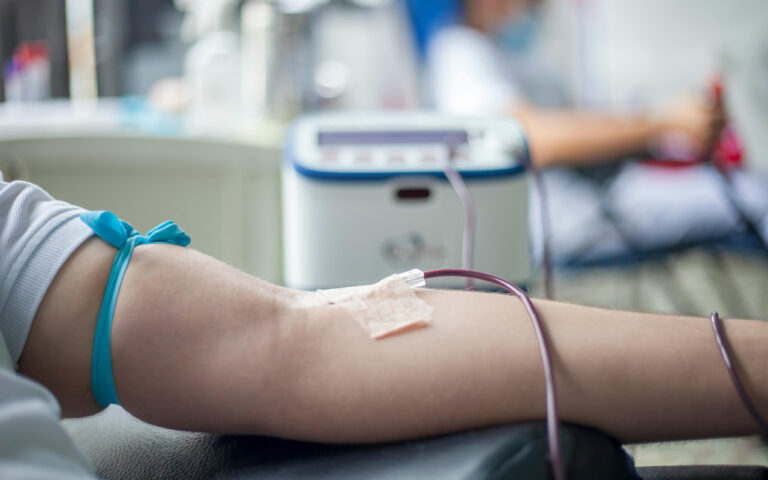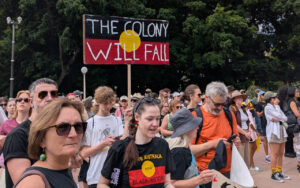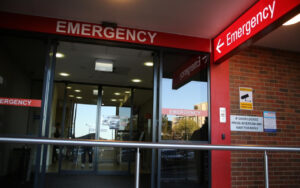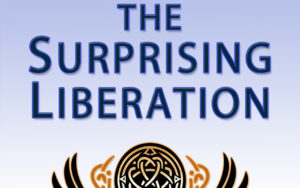Australia will scrap its ban on sexually active homosexual males donating blood and plasma, following years of lobbying from far-left LGBT activists who claimed rules put in place in the 1980s to prevent HIV transmission “stigmatised gay men”.
National blood donation service Lifeblood announced on Wednesday that from July 14 it would be removing its sexual activity wait times, which currently require gay men, prostitutes, and people who have sex with prostitutes or intravenous drug users to wait three months before donating.
The new rules will also allow HIV negative people who are taking PrEP antiretroviral medication so they can have unprotected sex with other homosexuals to donate plasma without a wait period. They will need to wait 12 months after their last dose to donate blood as PrEP masks the presence of HIV.
The Therapeutic Goods Administration (TGA) has also allowed a move towards “gender-neutral” blood and platelets donation eligibility rules that mean male donors will no longer be asked about their sexual activity.
Lifeblood said it had been working to make blood and plasma donation “more inclusive and accessible”, and described the removal of the wait times for plasma as “world-leading”.
Chief Medical Officer Dr Jo Pink credited research teams and “LGBTQIA+ organisations and advocates” for the changes, and said Lifeblood now anticipated an extra 24,000 donors and 95,000 extra donations of plasma every year.
“Blood safety is and always will be our top priority, but we know the current donation rules have been very difficult for many people in the LGBTQIA+ community,” she said.
“While they were put in place to ensure a safe blood supply in the past, we know that they’ve contributed to the stigma faced by the community.”
Rodney Croone, spokesman for homosexual blood donation lobby group Let Us Give said activists had been working hard for decades for a “gender-neutral” blood donation policy.
“We thank the TGA and Lifeblood for removing a ban that limited the supply of safe whole blood and stigmatised gay men, and bisexual men and trans women (sic) who have sex with men, as a threat to public health,” he said.
But United Australia Party Senator Ralph Babet blasted the rule change, pointing to higher rates of HIV infections among homosexuals.
“The ban on blood donations from sodomites existed for a reason, they are statistically at greater risk of HIV/AIDS and other blood-borne diseases,” he wrote on social media.
“This change isn’t about health, it’s about appeasing the woke agenda. Our blood supply should be protected, not politicised by radical LGBTQIA2S+ activists.
“Gay men are statistically at a much higher risk of being infected with HIV.”
At the end of 2023 an estimated 30,010 people in Australia had HIV, 2,360 were unaware they were HIV positive, and there were 722 new diagnoses.
Of the new infections, 64% of cases were attributed to sexual contact between men or a combination of sexual contact between men and injecting drug use. Of those infected by male-to-male sexual contact, 59% were overseas-born men.
Header image credit: Frank Merino (Pexels).


























